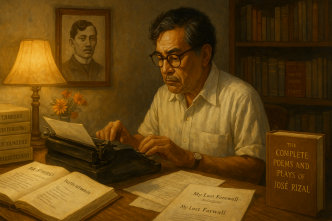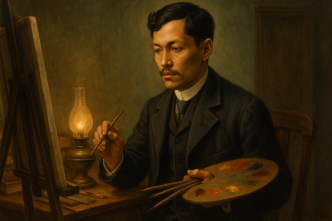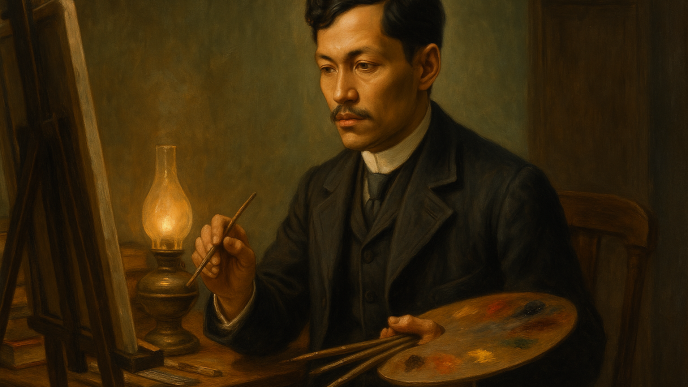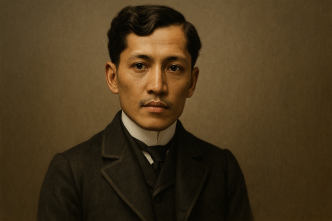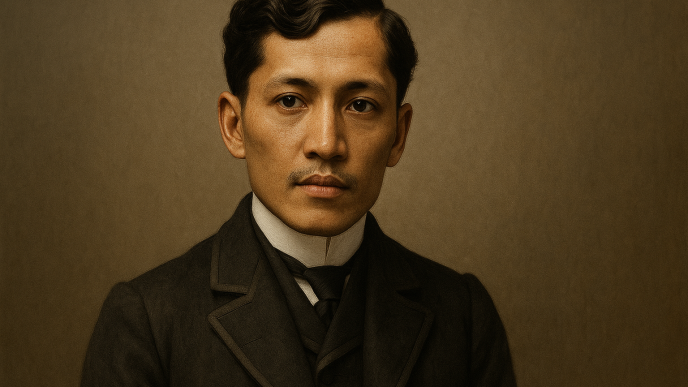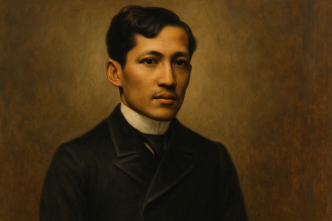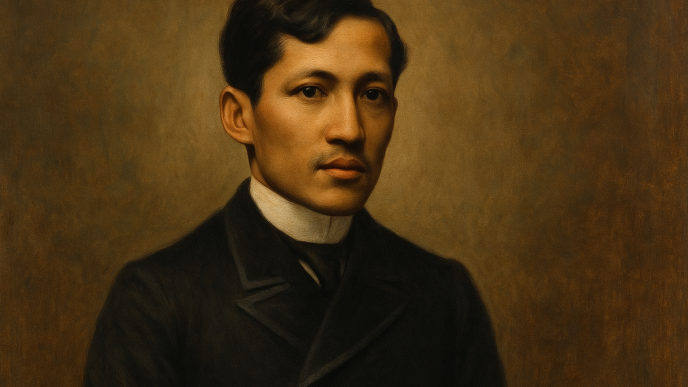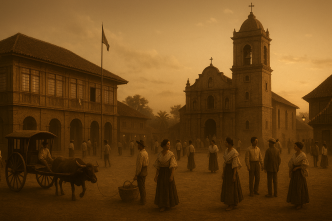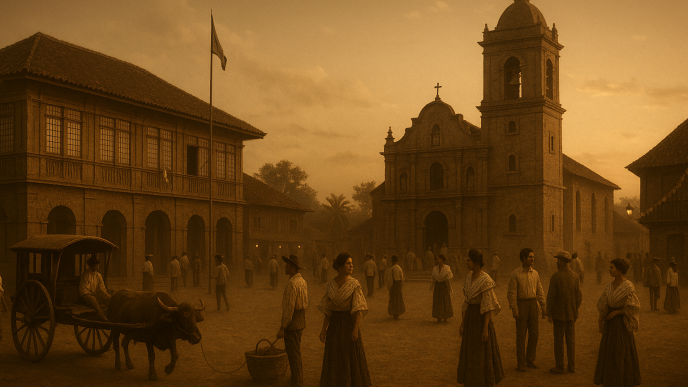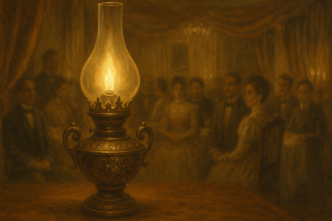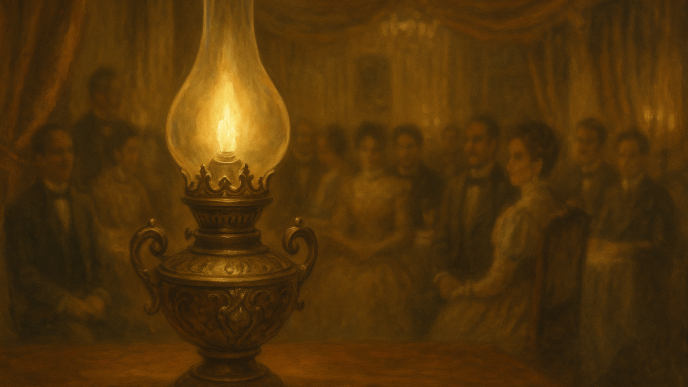Nick Joaquín, National Artist for Literature, journalist, and stylist of almost baroque English, occupies a distinctive corner of Rizal studies: he is the translator who gave English readers a Rizal of sinew and music.
His most sustained act of translation, The Complete Poems and Plays of Jose Rizal (Far Eastern University, 1976), brought together, in one volume, the canon of Rizal’s verse and dramatic works with Joaquín’s vigorous English on the facing page. The project was relaunched by FEU in 2023, a reminder that Joaquín’s versions remain in active circulation today.
The 1976 FEU project: scope, format, intent
FEU’s Complete Poems and Plays was conceived as a bridge between Rizal’s Spanish and a 20th-century Philippine readership that had largely shifted to English. The book prints Spanish originals alongside Joaquín’s translations and carries a foreword and annotations by the translator—signals that he meant not only to render lines but to guide readers through contexts, forms, and allusions. Recent bibliographic and catalog entries confirm the “foreword and annotations” apparatus and the side-by-side format; the 2023 reissue keeps that design.
Far from a mechanical, line-for-line exercise, FEU itself characterizes Joaquín’s approach as an artful blend of his English style with Rizal’s Spanish—more interpretive than literal so that cadence, idiom, and force survive the crossing of languages.
What Joaquín translated
The FEU volume covers Rizal’s poems (juvenilia to late work) and his Spanish plays, notably “El Consejo de los Dioses” (The Council of the Gods) and “Junto al Pasig” (Beside the Pasig)—both rendered into English by Joaquín. Scholarly references and encyclopedia entries note Joaquín’s Englishing of El Consejo de los Dioses; Junto al Pasig also appears in modern English, and as a play it’s included in FEU’s “complete poems and plays.”
Among the poems that travel most in classrooms and public life are:
- “Mi Último Adiós” (My Last Farewell) — Rizal’s valedictory poem has dozens of English versions; Joaquín’s rendering has circulated in print since at least the 1940s and continues to be reprinted and recited.
- “A la juventud filipina” (To the Philippine Youth) — Joaquín’s translation is one of several widely read Englishings of the 1879 prize-winning ode.
- “A las flores del Heidelberg” (To the Flowers of Heidelberg) — often performed and anthologized in English with Joaquín credited as translator.
Because the FEU edition is bilingual, readers can consult the Spanish and test Joaquín’s choices — how he carries over rhyme or abandons it for sense, how he replaces archaic Iberian idioms with resonant modern English, and how he preserves images that matter for Rizal’s intellectual world (Rome’s laurel, the “Patria adorada,” the sea and stars of Marian hymnody). FEU’s description of the book as a deliberate stylistic “blend” captures this translational posture.
A closer look at “Mi Último Adiós”
Mi Último Adiós is the crucible in which any translator of Rizal is tested. English versions have proliferated since the early 20th century; the most famous is Charles Derbyshire’s 1911 text, but Joaquín’s version is frequently published (including in periodicals) and heard in civic ceremonies, precisely because it balances clarity with oratorical lift.
Wikipedia’s overview of the poem documents the multiplicity of English versions and notes translations by Derbyshire and Joaquín among those displayed in Manila’s public commemorations and anthologized for readers.
The plays in English
Rizal’s two best-known Spanish plays, written when he was still a student, pose different challenges. El Consejo de los Dioses, a learned allegory with Olympian speakers debating Western literary canons, needs a translator comfortable with classical rhetoric and wit.
Reference works explicitly credit Nick Joaquín with an English translation of Consejo—a task well suited to his erudition. Junto al Pasig, a Marian drama set on the banks of the Pasig River, requires a different register—hymnic, processional, and Catholic—which Joaquín also supplies in the FEU volume.
What Joaquín did not translate: the novels
It is easy to assume that Joaquín, given his stature, also translated Noli Me Tángere and El filibusterismo. He did not.
The major English versions of the novels are by Charles Derbyshire (1912, The Social Cancer; 1912, The Reign of Greed), León Ma. Guerrero (1961), Ma. Soledad Lacson-Locsín (1996–97), and Harold Augenbraum (Penguin Classics, 2006/2011). Joaquín chose to concentrate on the poems and plays—the parts of Rizal most endangered by neglect once Spanish literacy waned in the Philippines.
Method, music, and influence
What distinguishes Joaquín as a translator is his ear. FEU’s characterization of the translations as a “masterful blend” of styles points to a strategy akin to dynamic equivalence: he tries to make Rizal sound powerful in the language readers actually use, while keeping the cultural scaffolding intact. That approach helps explain why his Mi Último Adiós, A la juventud filipina, and To the Flowers of Heidelberg versions continue to circulate in classrooms, anthologies, and public readings.
The endurance of the FEU volume — first issued in 1976 and relaunched in 2023— suggests a legacy beyond literature departments. FEU notes that Joaquín’s Complete Poems and Plays became a standard reference in university libraries across the Philippines and even abroad (e.g., Stanford), a measure of how his translations have shaped the way generations encounter Rizal in English.
Where to read Joaquín’s translations today
The 2023 FEU edition (ISBN 978-971-678-070-3) is in print; the Ayala Museum shop listing provides a succinct description and publication details. Library and catalog records (e.g., the New York Public Library) document the original 1976 Manila edition, complete with the translator’s foreword and annotations.
Conclusion
Nick Joaquín’s principal gift as a translator of Rizal was not just lexical accuracy; it was hospitality—welcoming Rizal’s Spanish into a supple, idiomatic English that Filipino readers could hear as their own.
By rendering the poems (including Mi Último Adiós, A la juventud filipina, To the Flowers of Heidelberg) and the plays (El Consejo de los Dioses, Junto al Pasig) in versions that live on stage, in the classroom, and in civic life, Joaquín ensured that Rizal’s lyric and dramatic imagination would not be left behind as the country’s reading language changed.
That is why, nearly half a century after FEU first published The Complete Poems and Plays of Jose Rizal, his translations remain essential.
